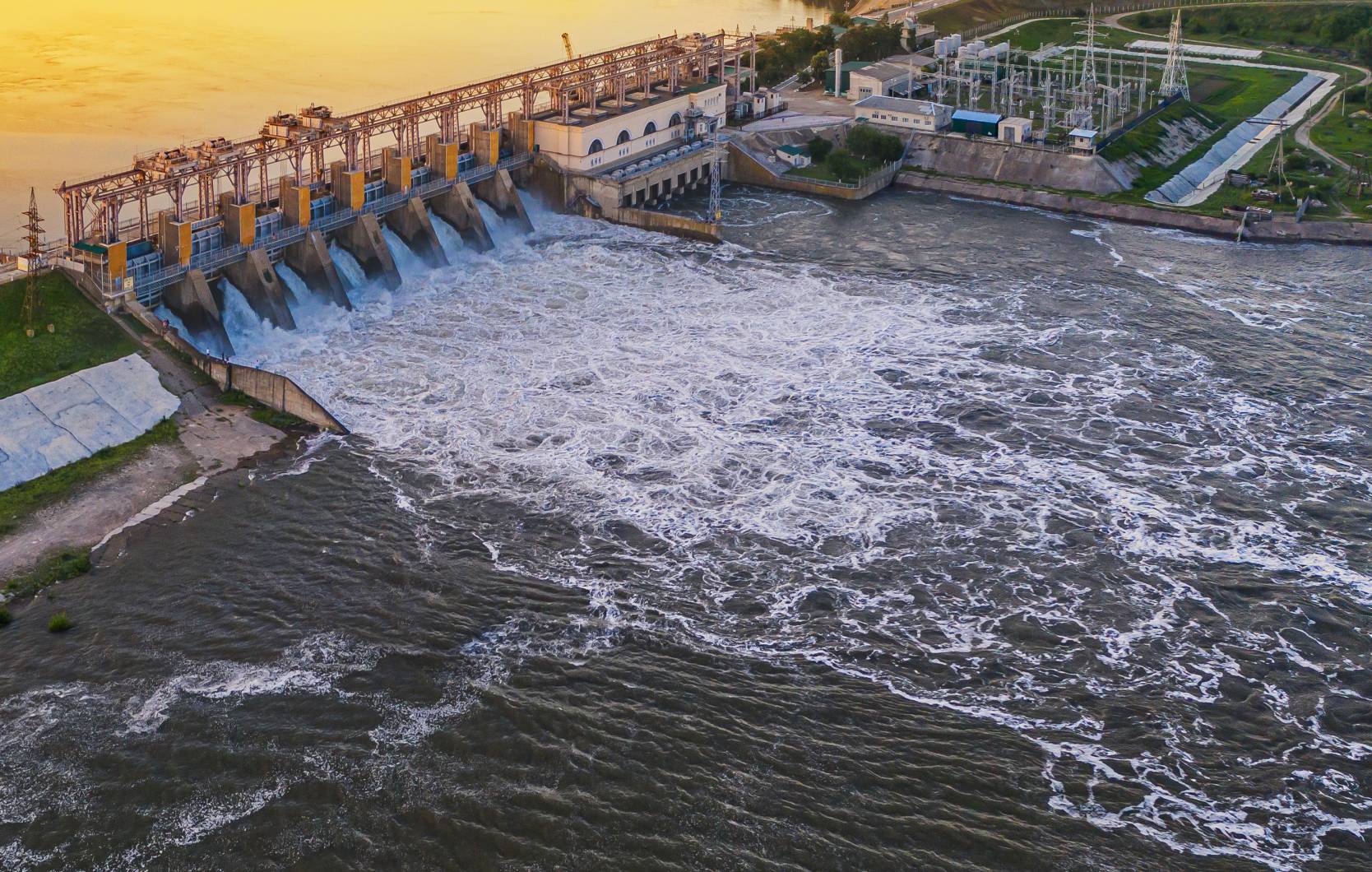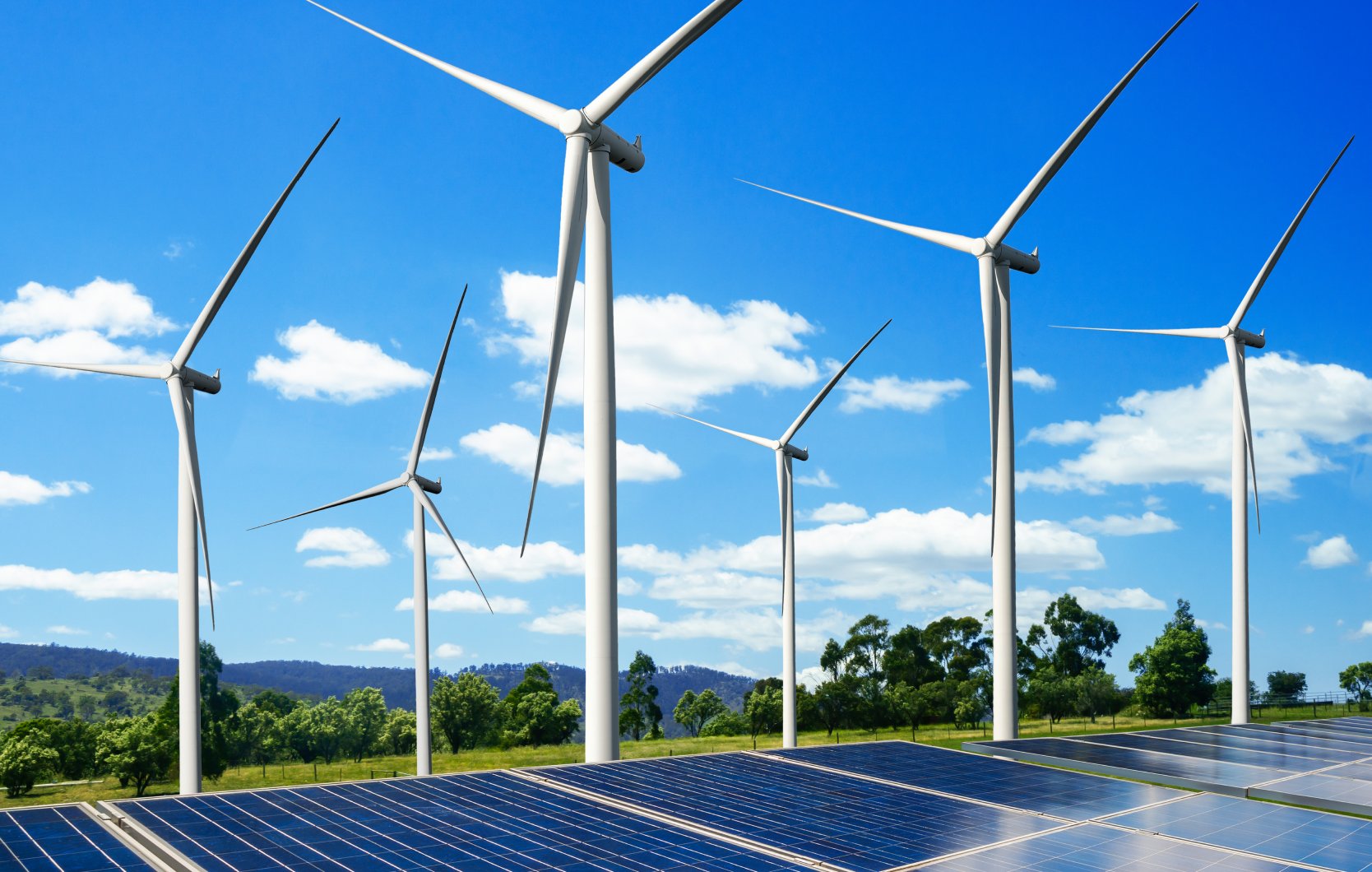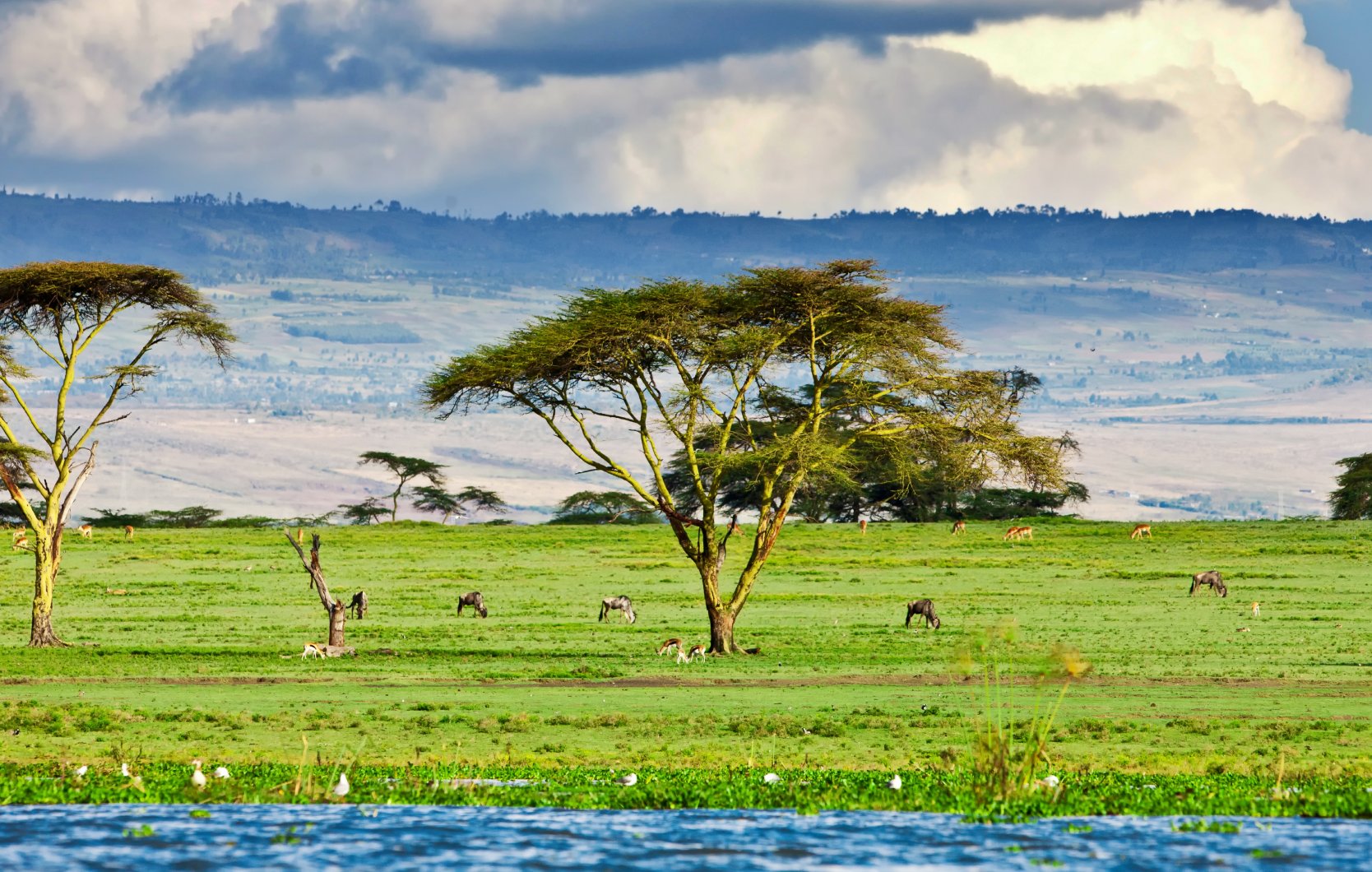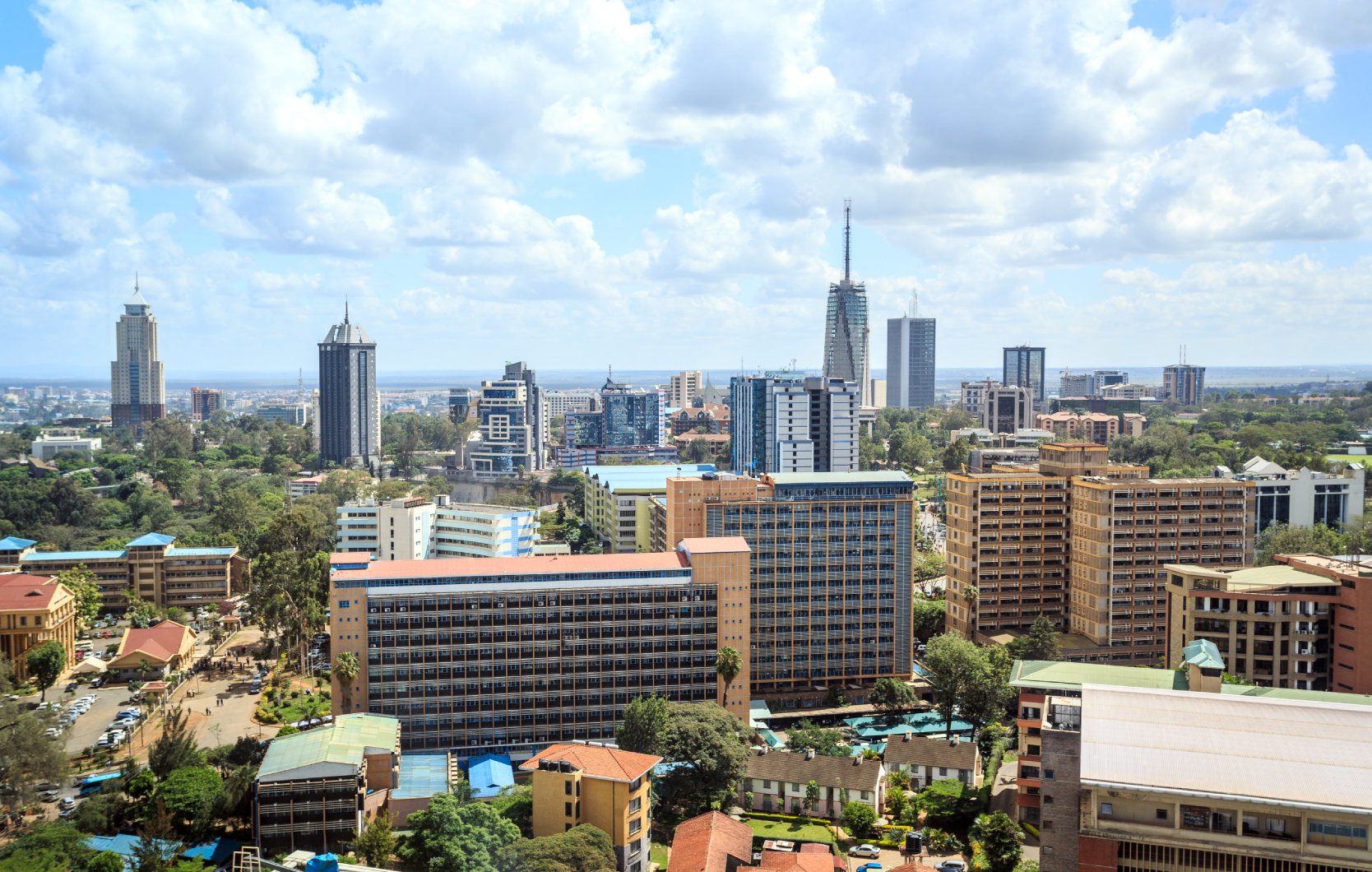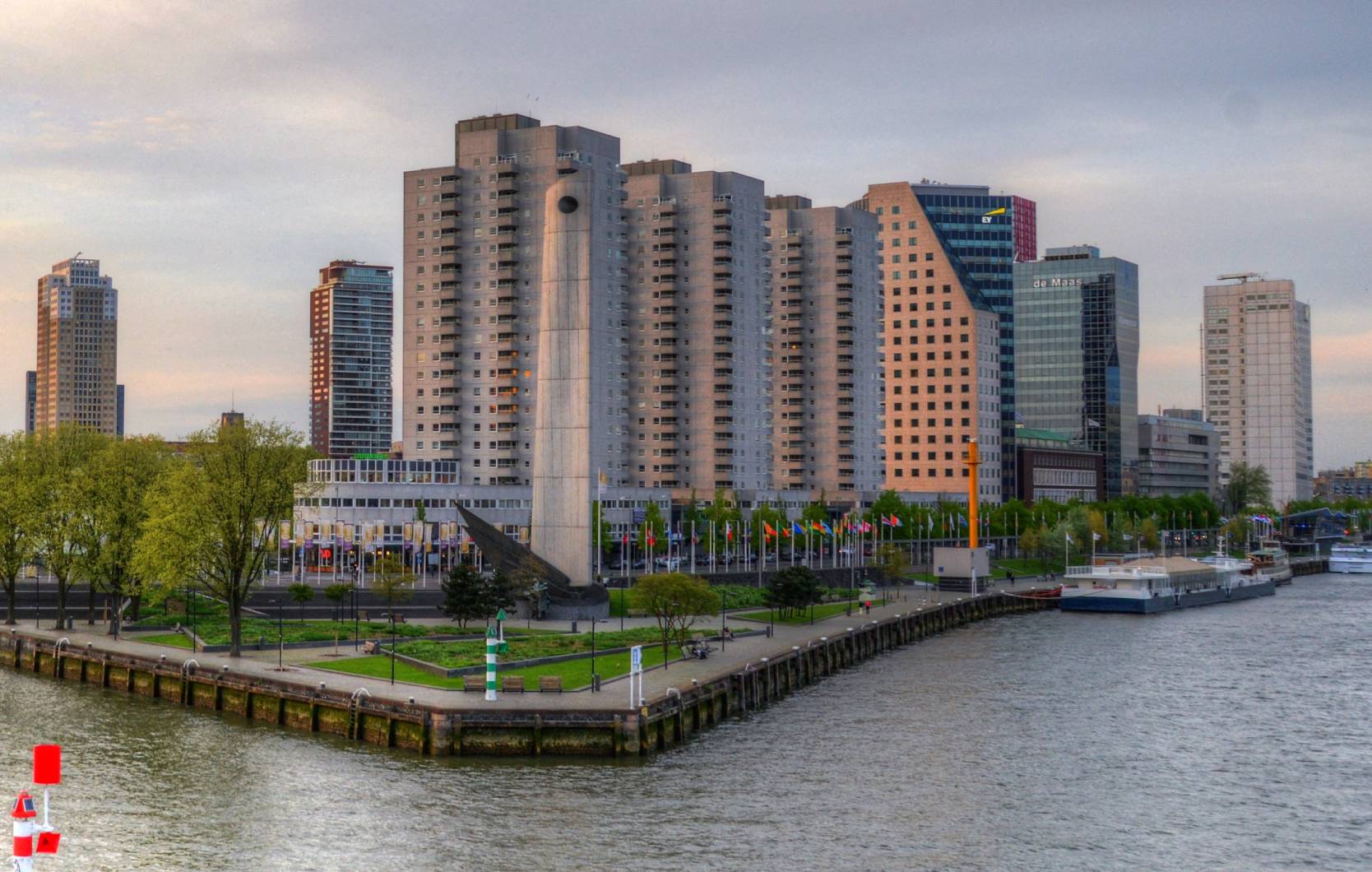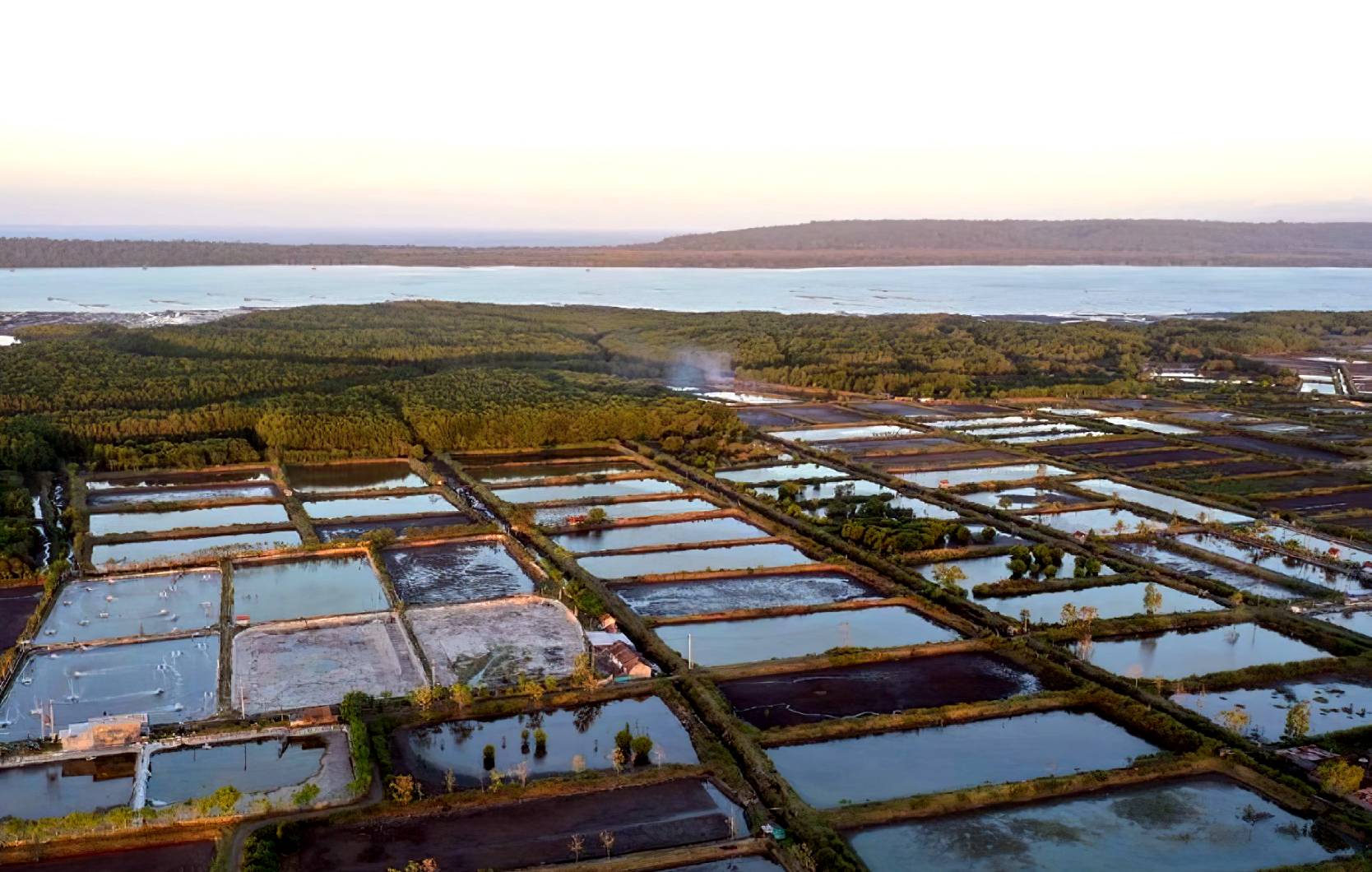Call for ideas archive 2022
The Lab has selected seven new climate finance ideas for its acceleration program in 2022.
These are the great ideas selected in 2022
View all ideasWhat the Lab is looking for?
In 2022, the Lab will develop climate finance instruments from three thematic streams and three regional programs, plus one wildcard slot for the best idea across the adaptation and mitigation spectrum.
Webinars

The Global Innovation Lab for Climate Finance is accepting proposals for innovative climate finance ...
WatchWhat happens if your idea is selected?
If your idea is selected by Lab Members, you will work with a team of analysts, key stakeholders, and experts to:
1.
Develop or refine the mechanics of your idea.
2.
Survey comparable instruments, ensuring the final instrument is innovative and impactful.
3.
Develop robust financial modeling.
4.
Assess and document potential social and environmental impacts.
5.
Map risks and risk mitigation strategies.
6.
Develop a detailed implementation plan.
7.
Create promotional content.
8.
Pitch your ideas to donors and investors.
9.
Potentially receive endorsement from the Lab.
How ideas are selected
FAQApplicants must complete an online form (see PDF version for reference). A set of key criteria guides how submitted ideas are assessed and ranked.
Why submit an idea?
Selected ideas receive guidance from high-level leaders from the public and private sectors, who contribute expertise, political support, and financial capital to the instruments.
See all Lab membersSelected ideas also benefit from robust analysis, stress-testing, and development by Climate Policy Initiative’s team of experts.
Meet the Lab experts$
250
k
value of in-kind analytical and communications support received by selected Lab ideas
$
3
bn
mobilized by endorsed Lab instruments
Who is involved?
Lab membersThe Lab comprises over 70 expert institutions in government, development finance, philanthropy, and the private sector. The funders for the Lab’s 2023 cycle are included below. CPI serves as the Lab Secretariat.




